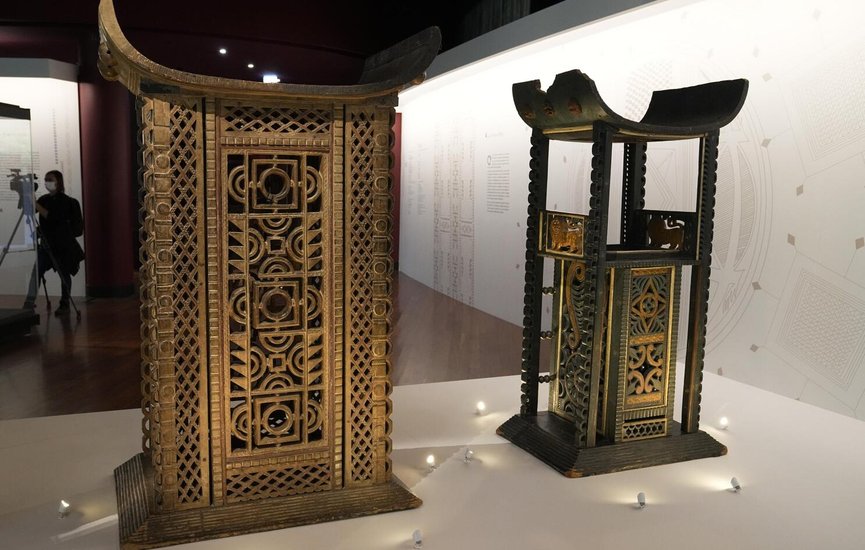A new bill introduced by France’s Culture Minister Rachida Dati aims to accelerate the return of African cultural artefacts taken during the colonial era. Presented to the French cabinet on Wednesday, the legislation would allow the government to approve restitutions by decree, removing the need for parliamentary approval in each case. This move aligns with a broader commitment made by President Emmanuel Macron in 2017, when he promised to return cultural property looted between 1815 and 1972—a time when France was expanding its colonial empire across Africa.
Dati described the bill as a “powerful act” and a gesture toward peace, reconciliation, and renewed diplomatic relations with countries harmed by colonialism. In a post on X (formerly Twitter), she emphasized the symbolic and practical importance of the move, which seeks to acknowledge historical injustices while streamlining the process for returning objects taken by force, theft, or coercion.
Despite Macron’s promise to make restitution a top priority, France has made only modest progress. Unlike Germany, which has returned more than a thousand artefacts to African states, France has repatriated only a few items since 2017. One such example is a sacred drum taken from the Ebrie tribe in Côte d’Ivoire in 1916, which was only recently returned. The sluggish pace has largely been attributed to a legal requirement that each restitution must be approved by a separate law—an approach that has been widely criticized for being inefficient and overly bureaucratic.
The new bill aims to remove this legislative bottleneck by allowing the French government to approve the return of artefacts directly, provided specific conditions are met. However, experts warn that this change will not necessarily make the process faster. For a restitution to proceed, the country requesting the object must present documentation to a bilateral scientific committee proving that the item was taken through illicit means. Once verified, the case is then sent to the Conseil d’État, France’s highest administrative court, for final approval.
Additional restrictions also apply. Only items intended for public display will be considered under the new law, while military objects, public archives, and artefacts discovered during archaeological excavations are explicitly excluded. These limitations have raised concerns among critics who argue that the law, while symbolic, still presents numerous hurdles for African countries seeking the return of their cultural heritage.
Among those voicing skepticism is Senator Catherine Morin-Desailly, a member of the French Senate Culture Committee, who pointed out that every request still requires a thorough scientific, historical, and legal review to confirm authenticity and ownership. She suggested that despite removing the need for a full legislative vote, the process remains complex and slow-moving.
Stronger opposition came from Senator Pierre Ouzoulias, a member of France’s cultural commission. He criticized the government for rushing to pass the bill after years of inaction, calling it politically motivated. In an interview with The Art Newspaper, Ouzoulias said he "deeply regrets" the current approach and called for the appointment of an independent scientific body to oversee the restitution process, in order to prevent political misuse. He also highlighted the broader issue of France’s unresolved colonial legacy, suggesting that restitution must be part of a deeper reckoning with the past.
Over the years, countries such as Senegal, Ethiopia, Chad, and Algeria have formally requested the return of tens of thousands of artefacts from France. For these nations, restitution is not merely about recovering cultural objects but also about reclaiming identity and addressing historical harm. While the new law may mark a turning point, it remains to be seen whether it will deliver on its promise to streamline the return of looted artefacts or simply repackage an already cumbersome process.
The French Senate is expected to vote on the bill on September 24th. Until then, debate continues over whether this legislation represents a genuine commitment to justice or a symbolic gesture constrained by bureaucracy.
